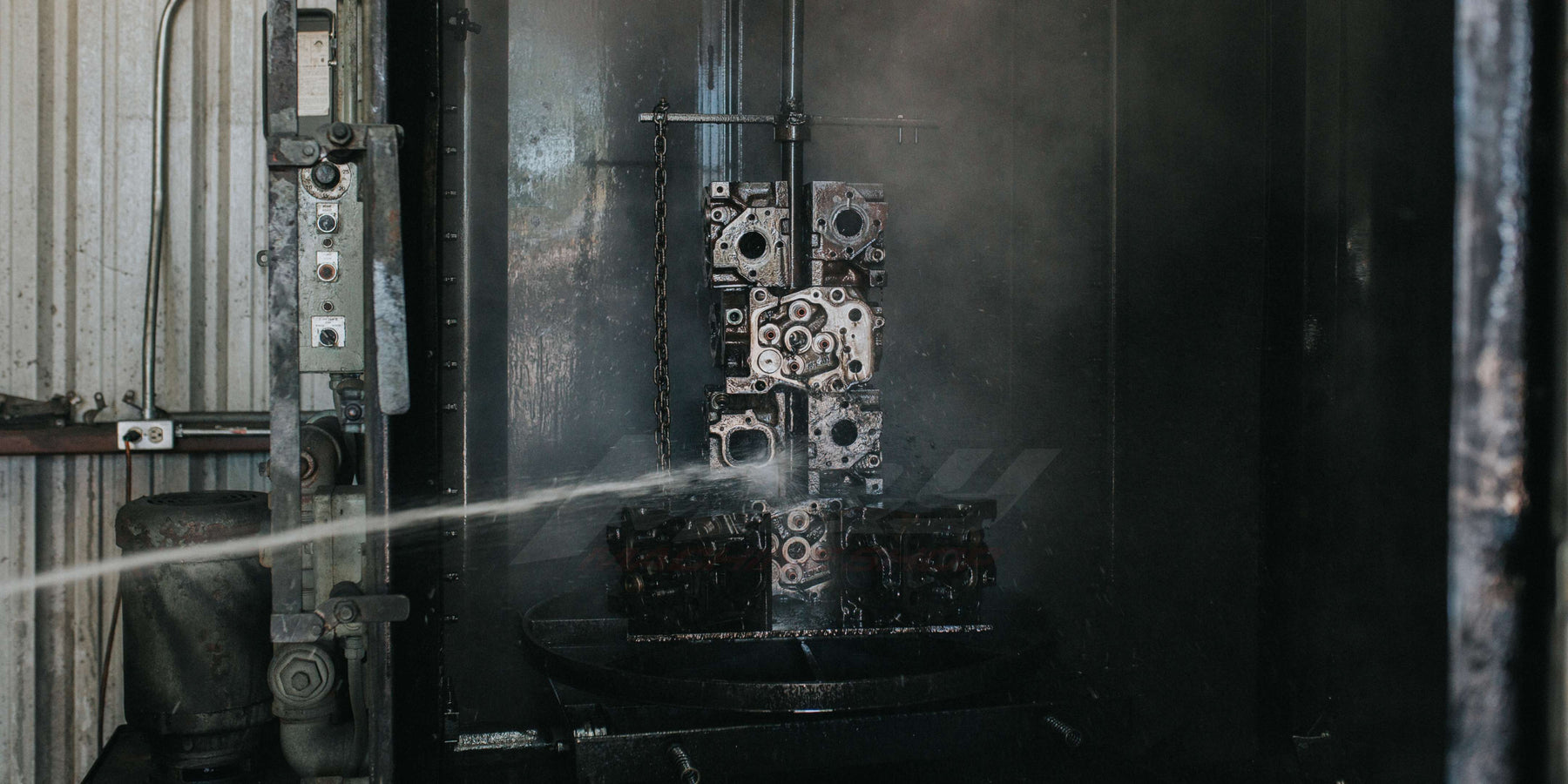713-637-8220

When do I need to replace my headgasket?
Gaskets are critical components in various systems within a vehicle or machinery. They create seals between two mating surfaces to prevent leaks of fluids or gases. M&Y has you covered with our signature head gaskets. Knowing when to replace a gasket depends on several factors:
-
Visual Inspection: Check for signs of damage or wear on the gasket. Look for cracks, tears, or deformities that may compromise its ability to create a proper seal.
-
Fluid Leaks: If you notice fluid leaks around a gasketed area, such as oil leaks around the valve cover gasket or coolant leaks around the cylinder head gasket, it's a clear indication that the gasket may need replacement.
-
Overheating: A failing head gasket can lead to engine overheating due to coolant loss or mixing of coolant and engine oil. If your engine frequently overheats or if you notice coolant in the oil or vice versa, it could be a sign of a failing gasket.
-
Loss of Compression: In engines, a failing head gasket can result in loss of compression between cylinders. This can cause a variety of issues, including rough idling, misfires, and loss of power.
-
Maintenance Schedule: Some gaskets, such as those in the engine, transmission, or exhaust system, may have recommended replacement intervals specified by the manufacturer. It's essential to follow these maintenance schedules to ensure optimal performance and reliability.
-
High Mileage: Gaskets can degrade over time, especially in high-mileage vehicles or machinery. If your vehicle has high mileage and you haven't replaced certain gaskets before, it may be prudent to consider replacement preventively.
-
Severe Conditions: If your vehicle operates under severe conditions, such as extreme temperatures or heavy loads, gaskets may deteriorate more quickly. In such cases, it's essential to monitor gasket condition more closely and replace them as needed.
In summary, you may need to replace a gasket if you notice signs of damage, fluid leaks, overheating, loss of compression, if it's recommended by the manufacturer's maintenance schedule, or if your vehicle operates under severe conditions. Regular inspection and maintenance can help prevent costly repairs and ensure the reliability of your vehicle or machinery.
